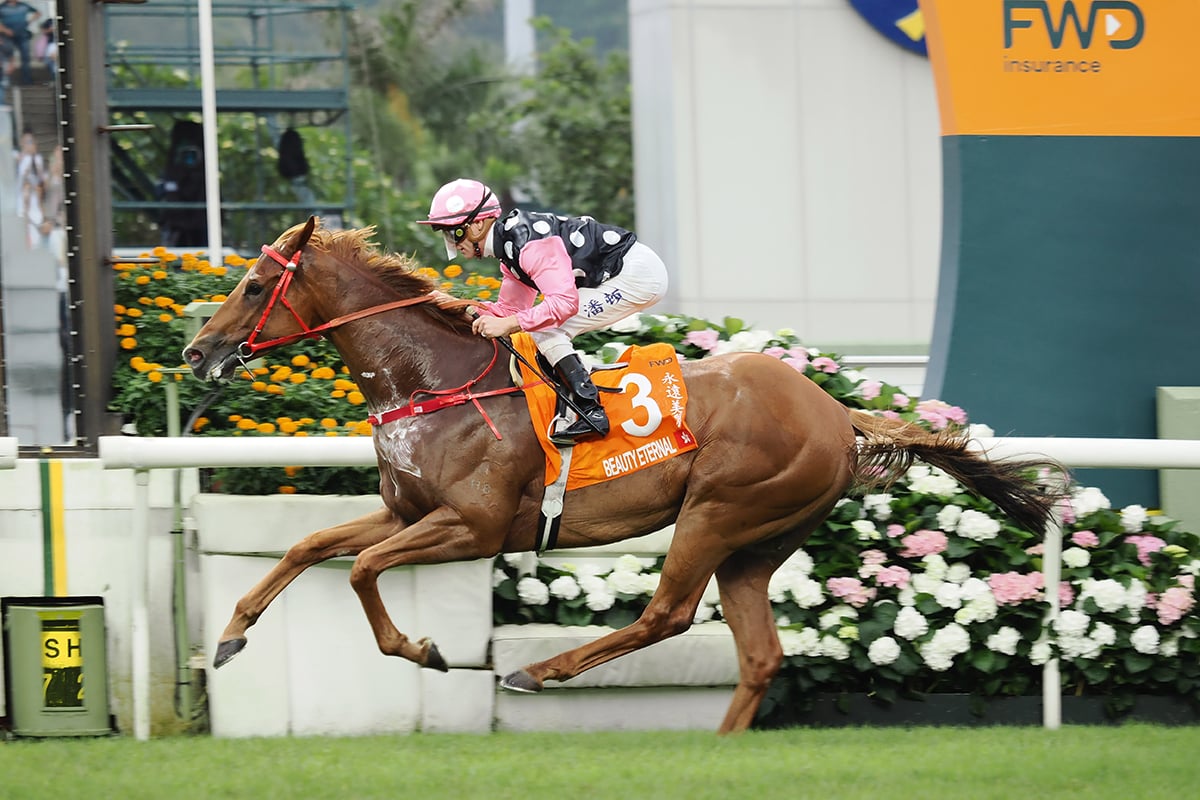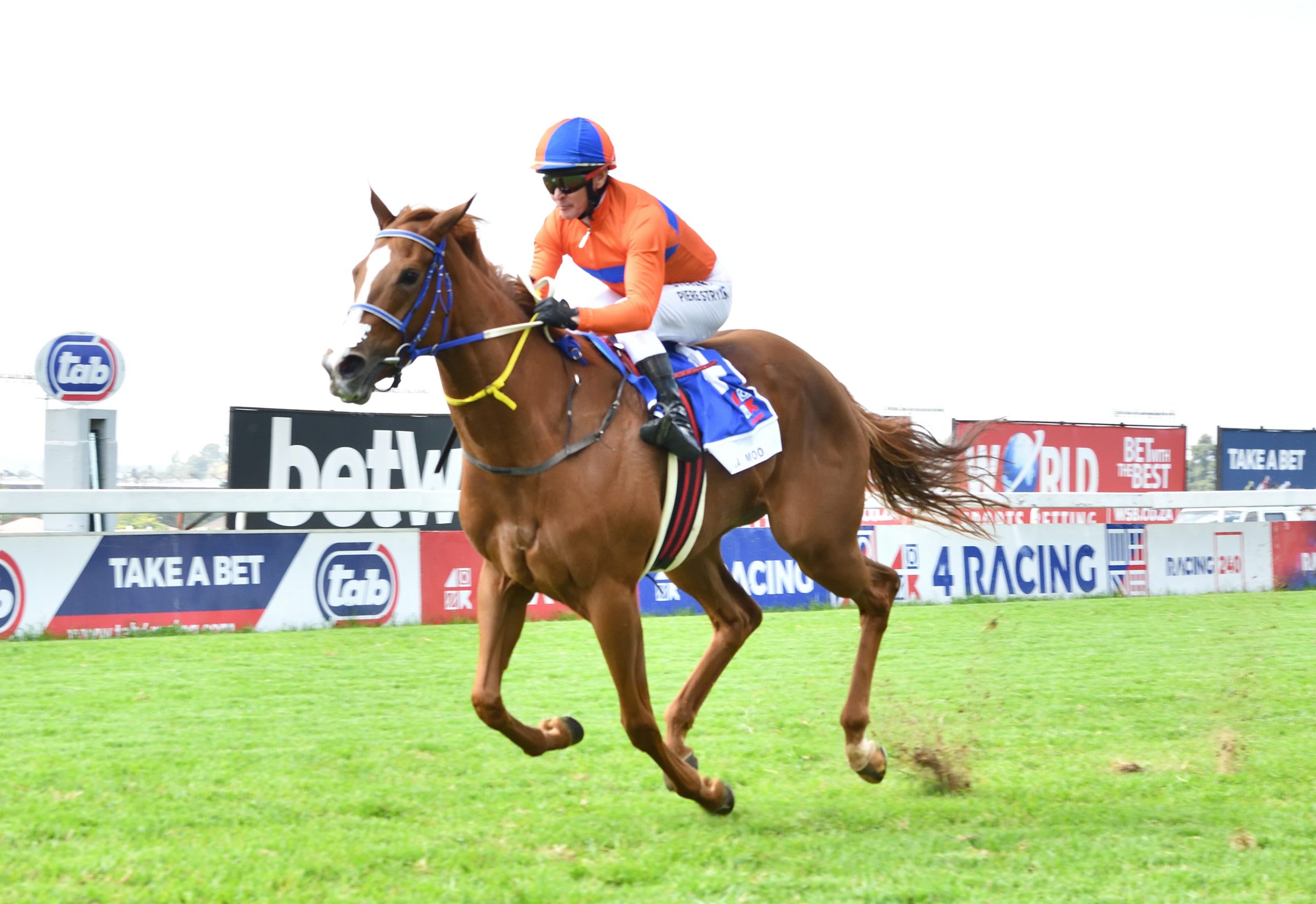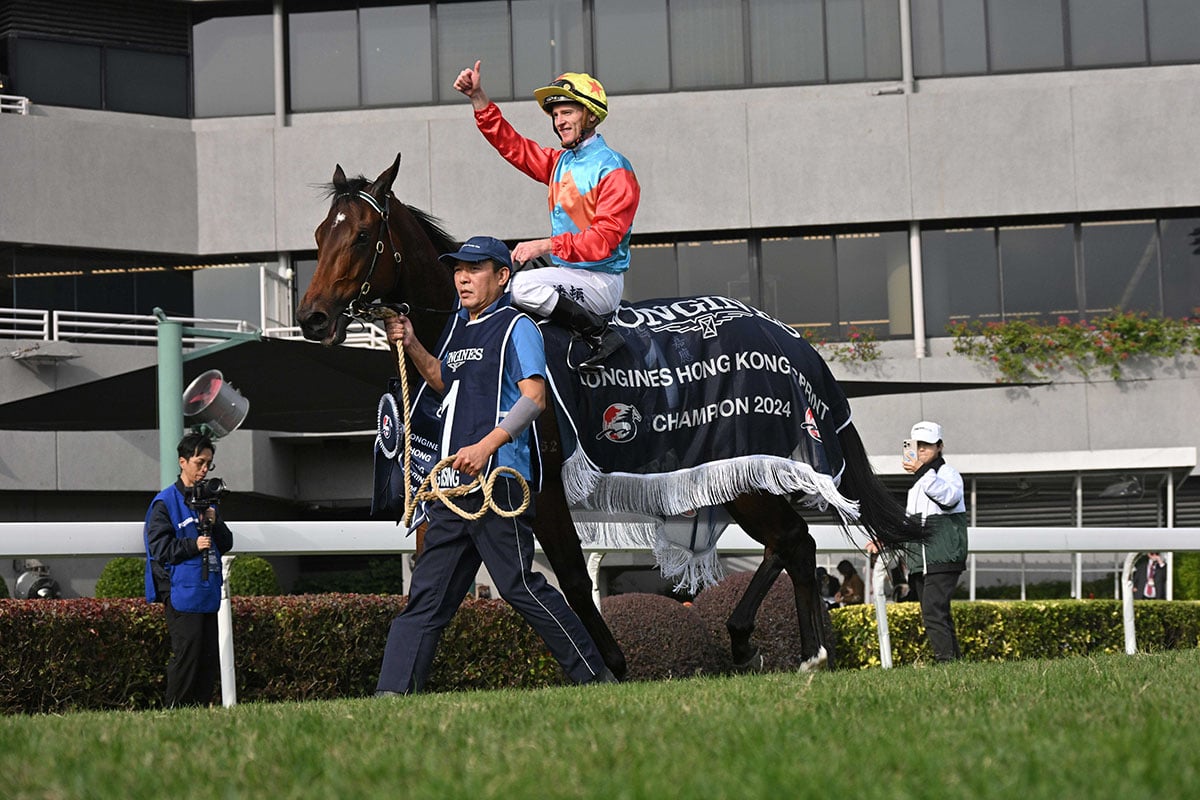“Serious sport has nothing to do with fair play. It is bound up with hatred, jealousy, boastfulness, disregard of all rules and sadistic pleasure in witnessing violence: in other words it is war minus the shooting.” – George Orwell
There was an interesting discussion on one of the chat sites recently regarding the dearth of good news in racing. Various ideas and theories were voiced and the media was mentioned as a bit of a black sheep in terms of contributing to the general slide (bringing the industry into disrepute?) by always focusing on the negative aspects.
Yes, the press is probably does need to shoulder some blame, and there is no denying that sensation sells – we’ve all heard the moniker ‘if it bleeds, it leads’ and in this day and age, we seem to have an insatiable appetite for blood, guts, gore and dissent. The worse the better. I don’t know whether we like to focus on other people’s misery in order to feel sympathy for them, or whether it somehow makes us feel better about our own lot in life. Either way, it has become the status quo for the media to feature on the worst aspects of everything in order to produce those all important attention-grabbing headlines. And it seems to be what people are interested in. In the year that I’ve been writing for the Sporting Post, I’ve repeatedly asked people to get in touch if they have any good or positive stories about racing that I could cover. I’ve yet to receive a single call or email…
We seem to want unpleasantness, conflict and controversy. Living in the age of reality TV and real time access to news via the web and social media platforms like Twitter, with celebrity for the sake of it, there is no shortage of fodder to feed this demand. However, it seems that people do respond to good news as well. During the recent royal wedding, the BBC reckon that 24.5 million people tuned in to terrestrial BBC channels alone and more than 34 million watched at least part of the BBC’s TV royal wedding coverage. Police estimate that a million people lined the wedding procession route and an estimated 9 million users logged into the BBC News website. So there is still an interest in positive news.
Brand Awareness
Interestingly, industries that supply the all important advertising dollar (or Rand), are becoming increasingly aware and protective of their brand integrity and are reluctant to add their names and logos to things that could be seen in a negative light.
Popular clothing brand Abercrombie & Fitch recently made headlines for offering to pay MTV’s Jersey Shore star Mike “The Situation” Sorrentino to stop wearing their clothes. They issued a statement saying ‘We are deeply concerned that Mr. Sorrentino’s association with our brand could cause significant damage to our image’. Interesting coming from a company known for their controversial advertising campaigns.
The UK news has recently been full of speculation that mobile phone giant O2 is set to ditch its multi-million pound football deal to concentrate on rugby after the behaviour of some Premier League stars was deemed ‘unsavoury’. While there are also occasional tales of rugby players who get drunk and cause trouble, O2 says rugby still represents more ‘traditional values’ than football. O2 head of sports sponsorship Nic Fletcher said, bluntly: ‘There have been lots of unsavoury football news articles recently and that is not in the same degree in rugby and the traditional values it stands for.’
Pretty worrying comments when O2 is coming to the final year of a ten year deal with Arsenal, worth an estimated £30 million. Mr Fletcher recently admitted to trade journal Marketing Week that O2 was ‘looking whether to continue’ this deal. To be fair, rugby and football were once famously described as “one is a gentleman’s game played by hooligans; the other a hooligan’s game played by gentlemen.” and if it’s traditional value they’re interested in, then their thinking seems pretty sound. The weekend’s results probably didn’t help either!
Stories like these should really make the racing industry sit up and listen.
How does this affect racing?
Vodacom are of course already famously sponsoring the Durban July – painting the town red this year with their new, revamped red colour scheme. They are exactly the sort of organization we should be wooing. They have been a fantastic sponsor and we should treat them like the gold dust they undoubtedly are.
Liquor laws are changing we may face the prospect of losing J&B as a headline sponsor for the Met and prospective replacements are hard to find. So we need more ‘Vodacoms’.
With big organisations becoming more discerning as to where they invest their cash in order to service an ever more fickle public, racing’s image could and should be a real priority for us. We need to get our house in order and make ourselves an attractive and viable marketing proposition to them.
Everyone in racing has a story about a rigged race, a ‘bought’ jockey, a crooked trainer, a messy dispute. Horses on drugs, being abused, injured, etc. UK trainer Howard Johnson recently had his license revoked for running a horse eight times after he had undergone a palmar neurectomy (effectively severing nerves to the lower leg). The fact that the horse had had the procedure only came to light during an autopsy after the horse had to be pulled up and euthanized at Musselburgh.
In the USA there is huge controversy over the use of Lasix and the perception that horses are running on drugs.
Here at home we recently had a public outcry after the July with the SPCA releasing a public statement decrying racing.
Brave New World?
Although there is a tradition for our administrators not to respond to that sort of thing, I think it is encouraging that they are starting to do so. Robert Garner made a public response to the SPCA’s comments.
We’ve also recently seen the controversial interview by trainer Ian Jayes, which generated even more controversy when it was cut from the day’s race replays. Followed up by his now famous letter. And it is admirable that such a long-standing member of our community is prepared to speak out in a public arena and state his views.
However, it made a refreshing change to see Phumelela CEO Riaan du Plessis make a public response and I for one am enormously encouraged that Mr du Plessis took the trouble to do so. His response was thoughtful and articulate and it came across that he had obviously taken considerable time and effort over it. Given his awareness that he was addressing a somewhat hostile audience, it would not have been easy. I must admit that he has earned my admiration for that.
There is no question that in the current environment we all love to criticize the operators. And I’m not trivializing it – people have every right to feel strongly and defend their opinions and they should feel free to do so. I just think one needs to guard against criticism becoming a habit as the automatic response is conflict and then we get so busy fighting that the point and the bigger picture to be lost in the process.
What seems to be forgotten or overlooked is that opposing views is healthy and leads to progress. Differences in opinion should not lead to condemnation, conflict and a fight to the death, but to healthy debate and through that, correcting (or sometimes confirming) people’s thoughts / misconceptions. There can be no leading party without the opposition. No point having a bunch of yes men on either side of any argument otherwise where’s the point, where’s the fun, where’s the progress ? But the key to resolution and progress lies in active participation and two way communication.
For the first time, someone has not retaliated to criticism in a combative manner, but actually taken the time to give the statements due time and thought and taken the trouble to make a considered and obviously consulted and researched response. While I do not wish to judge the content or motivations of either gentleman – there seem to be supporters and detractors on both sides – I do see it as a positive step that there appears willingness on both sides to engage and participate in some sort of two way communication.
And with all eyes trained on ‘admin’s every move with the proposed GC divorce and Phum merger, perhaps this is a positive indicator to the future?
In conclusion
One of the most memorable impressions of my visit to Hereford last week was the incredible commitment by the management team to acknowledge change, evaluate it, and seek an appropriate and effective response. There was clearly a concerted effort to get to know their customer. And this is so that they can get an idea of how they work in order to service the client better. The payoff comes when improved customer experience results in the customer voting with their wallet and being more willing to invest in the industry.
Interestingly, the modern customer also wants to know more about who they are buying from. In racing this is clear in what we are seeing on the infamous racing forums. People are less inclined to accept what they are told and increasingly inclined to question, investigate, seek information and discuss their findings. Which is why I’m so encouraged by the fact that we are at last seeing some tentative attempts by our operators to engage with their customer base. We are all in this game together and all want to see it thrive. Wouldn’t it be nice to see ‘customer base’ turned into ‘support base’?
We need public support and to somehow grow an interest in the sport. I would assume that increased betting turnover would follow as a natural result. And we have absolutely every facet available to us to do so. Racing has a long, rich and noble history, our community is colourful and entertaining and counts among its members some of the most knowledgeable, enthusiastic and fun people you are ever likely to meet. Our jockeys have to be amongst the toughest sportsmen around, and the fact that horses are at the heart of the sport should give us instant mass appeal. South Africa may be a relative new-comer to the racing game, but there is no question that our horses, jockeys and trainers can (and do) hold their own against the best in the world.
And yet there is a constant focus on the bet, rather than the horse, which rather seems like doing things back to front.
Oscar Wilde wrote – We are all in the gutter, but some of us are looking at the stars. We certainly have the stars – perhaps what we need is for a few more people to look up.








